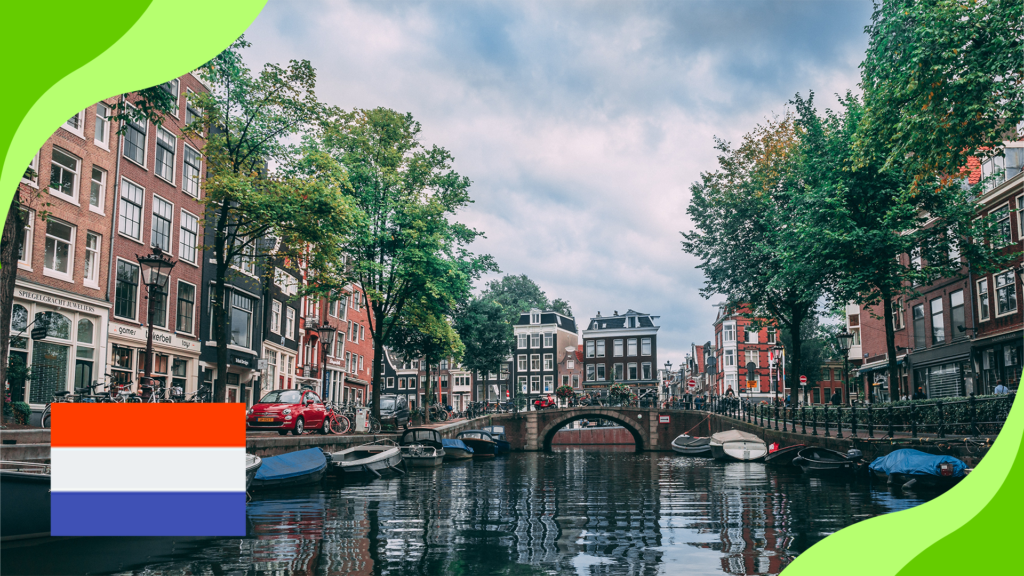
Studying in the Netherlands can be an excellent choice due to its renowned education system, international atmosphere, and picturesque landscapes. However, there are several key aspects to consider when planning to study there.
To study in the Netherlands, non-EU/EEA students generally need a residence permit (student visa). You must be accepted by a Dutch educational institution first.
Ensure you meet financial requirements, as you may need to prove you have sufficient funds to cover tuition fees and living costs.
Health insurance is mandatory during your stay.
The Netherlands offers a range of scholarships for international students, such as the Holland Scholarship, Orange Tulip Scholarship, and university-specific awards.
Scholarships often cover tuition fees or provide living allowances, making education more affordable.
The Netherlands boasts a wide range of programs taught in English, including Bachelor’s, Master’s, and Ph.D. degrees.
Universities like the University of Amsterdam, Delft University of Technology, and Utrecht University are renowned for their academic excellence and research opportunities.
Check specific university websites for details on programs, admission requirements, and application deadlines.
The cost of living varies depending on the city and lifestyle. On average, students spend around €800-1,200 per month on accommodation, food, transport, and other expenses.
Student housing is available, but early application is advisable.
Public transportation in the Netherlands is efficient, and many students use bicycles for commuting.
While many programs are taught in English, some may require Dutch proficiency or recommend language courses for a smoother integration.
Health insurance is mandatory for international students. You can choose from private insurance providers or the Dutch public healthcare system.
International students are allowed to work part-time during their studies, usually up to 16 hours per week, and full-time during university holidays. This can help offset living costs.
After graduation, you may be eligible for a one-year residence permit to search for work in the Netherlands through the Orientation Year for Highly Educated Persons program.
It’s essential to research and plan ahead to ensure a smooth transition to studying in the Netherlands. Be sure to check the specific requirements of your chosen university and program, as they can vary. Additionally, consulting with the Dutch embassy or consulate in your home country can provide valuable guidance on the visa application process and other important details.